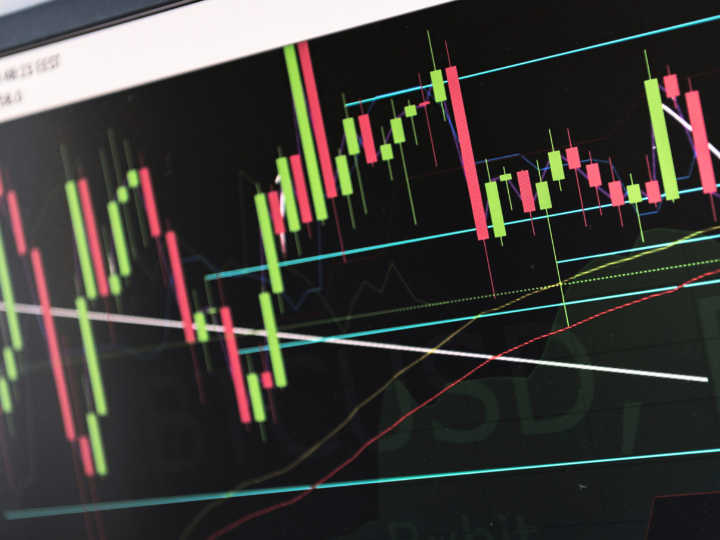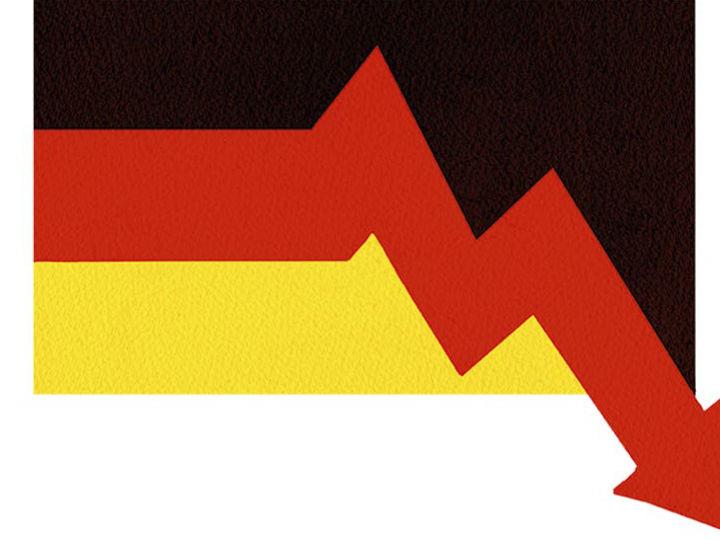by Antonis Zairis*
The economic slowdown in both the US and China, as projected by UBS, is expected to decrease the global growth rate by 0.5% for the year 2024, with forecasts estimating it at around 2.6% and 3,1% for the year 2026 as well . More specifically, growth in the US is estimated at 1.1%, in China at 4.4%, in Japan at 0.7%, and in the Eurozone at 0.6%. However, the restrictive monetary policy and high interest rates are dampening the momentum of global growth, while companies are facing squeezed profit margins, and the labour market is in turmoil. Concerning Greece, UBS predicts inflation at 2.4% (2024) and projects a decrease in the growth rate, estimating it at 3% for the years 2024 and 2025.As for the Eurozone, based on the forecasts of the European Central Bank, the growth rate will be 1.3% for 2025 and 1.4% for 2026.
On the other hand, the estimates of the Bank of Greece for our country suggest a marginal increase in the growth rate to 2.5% in 2025 and 2,3% in 2026 from the 2.4% expected in 2023, while there is a notable decrease in inflation in 2024 compared to the 4.10% in 2023 and the explosive 9.3% in 2022. The fundamental drivers of Greece’s economic growth should be investments, consumption, and notably exports, a strategy which aligns with the currently outward-oriented direction of the Greek economy. The goal is to increase exports by 60% by 2027 in order to offset the trade balance deficit between exports and imports. The digital and green transition, characterised by highly specialised technological products that are simultaneously environmentally friendly, will pave the way for enhancing the competitiveness of Greek products as well. Greek products will stand out precisely because they will be competitive in the context of international markets. After all, this is essentially the gamble for the Greek economy and the country more broadly.
However, it is also essential that potential threats are taken into account, and strategies for their successful mitigation are developed by the government. It is thus that the economy’s secure progression will be facilitated. Firstly, the long-term sustainability of the public debt, as by 2032 Greece will be burdened with additional costs due to the extension decision made in May 2018, regarding the interest payments of EFSF loans amounting to 25 billion euros (8% of GDP). It is noteworthy that the debt sustainability threshold according to the International Monetary Fund is set at 15% of GDP. However, it should also be considered that in Greece, the necessity for both social expenses and funding of investment projects is deemed imperative. Therefore, the increased uncertainty exposes the public to the risk of interest rates.
Secondly, the mismatch between the demand for and supply of jobs results in delays in unemployment reduction and negatively impacts productivity and economic growth rates.
Thirdly, consumption which continues to significantly contribute to the composition of GDP and has been further bolstered by increased employment in light of the obstacles posed by the country’s current economic development model.
Fourthly, pressure due to inflation and expectations will persist, necessitating the adoption of prudent fiscal management strategy to mitigate the risk of deviation stemming from increased demand.
Fifthly, the low structural competitiveness, as indicated by the IMD index for 2023, which requires additional interventions in the legal framework, the tax system, tax evasion, bureaucratic issues, and aspects of corporate governance.
*Deputy Vice President of SELPE, Professor of Business Administration & Marketing, Member of the Association of American Economists (AEA) and Member of the World Economic Forum(WEF)




 By: N. Peter Kramer
By: N. Peter Kramer

